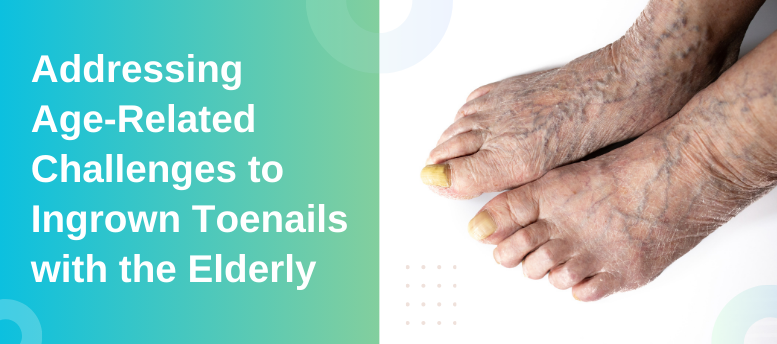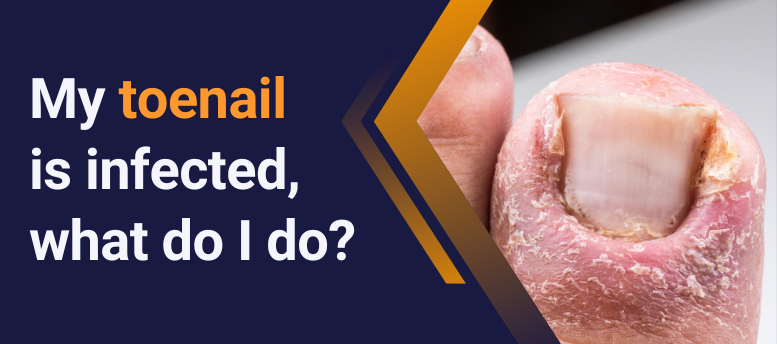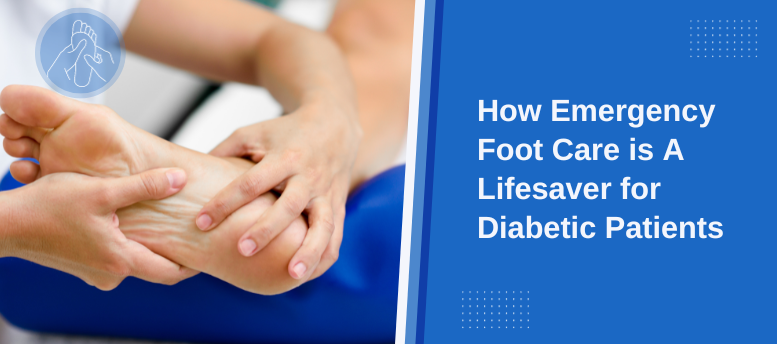An Achilles tendon rupture is a debilitating injury that can dramatically affect mobility and quality of life. Often caused by sudden stress on the tendon, such as during sports or intense physical activity, this condition requires immediate attention. Prompt diagnosis and treatment at an urgent care facility can make a significant difference in recovery outcomes.
Understanding the Injury
The Achilles tendon is the largest tendon in the body, connecting the calf muscles to the heel bone. A rupture occurs when this tendon tears, often accompanied by a popping sound and immediate pain in the back of the ankle. Common symptoms include swelling, difficulty walking, and an inability to push off the affected foot. Seeking prompt evaluation from an urgent care podiatrist is essential for proper diagnosis and treatment.
Surgical Treatment: Benefits and Drawbacks
Achilles tendon rupture surgery involves stitching the torn ends of the tendon back together. This procedure is typically performed by an experienced foot and ankle surgeon and is followed by a structured rehabilitation program.
Benefits:
- Lower Risk of Re-Rupture: Surgery significantly reduces the likelihood of the tendon tearing again compared to non-surgical options.
- Stronger Tendon Repair: Surgical intervention often results in a more robust and durable tendon, making it a preferred option for athletes or individuals with high physical demands.
- Faster Return to Activity: Many patients experience quicker recovery times and a return to normal activities sooner than those who opt for non-surgical treatments.
Drawbacks:
- Surgical Risks: As with any procedure, there are risks such as infection, nerve damage, or complications from anesthesia.
- Scarring: Patients may have visible scars and potential stiffness in the affected area.
- Longer Initial Recovery: While the overall timeline to full recovery may be shorter, the initial healing phase can be more intense, requiring diligent wound care and physical therapy.
Non-Surgical Treatment: Benefits and Drawbacks
Non-surgical treatment involves immobilizing the foot in a cast or boot to allow the tendon to heal naturally. This option is increasingly favored for certain patients, particularly those with lower activity levels or health conditions that make surgery risky.
Benefits:
- No Surgical Risks: Avoiding surgery eliminates concerns about infection, scarring, or anesthesia-related complications.
- Lower Initial Costs: Non-surgical treatments are generally less expensive and do not require hospital stays or operating room fees.
- Comparable Outcomes for Some Patients: Recent studies suggest that with proper rehabilitation, non-surgical treatments can achieve similar functional outcomes to surgery in certain cases.
Drawbacks:
- Higher Risk of Re-Rupture: Non-surgical approaches have a slightly increased risk of the tendon tearing again, particularly in active individuals.
- Longer Immobilization Period: Patients may need to wear a cast or boot for an extended time, which can be inconvenient.
- Weaker Tendon Strength: Non-surgical healing may result in a less robust tendon, potentially affecting long-term performance.
How to Decide: Factors to Consider
When deciding between Achilles tendon rupture surgery and non-surgical treatments, several factors come into play:
- Age and Activity Level: Younger, active individuals often benefit more from surgery, while older or less active patients may prefer non-surgical options.
- Overall Health: Patients with underlying health conditions that increase surgical risks may lean towards conservative treatment.
- Personal Goals: If returning to high-impact sports or physically demanding activities is a priority, surgery might be the better option.
- Access to Care: Facilities like urgent care for foot injury management can provide guidance on the best course of action for your specific situation.
Urgent Care’s Role in Treatment Decisions
Urgent Care For Feet plays a critical role in managing Achilles tendon injuries. We offer prompt evaluation, imaging, and expert advice on whether surgery or non-surgical care is most appropriate for your situation.
When deciding between treatment options, factors such as age, activity level, overall health, and personal goals come into play. An urgent care podiatrist can provide detailed insights and ensure you receive care tailored to your needs.
Timely Care for Optimal Recovery
Addressing an Achilles tendon rupture at an urgent care facility ensures timely intervention, which is crucial for minimizing complications and expediting recovery. The skilled podiatrists at Urgent Care For Feet are equipped to deliver specialized care for foot injuries, helping patients regain mobility and return to daily activities as quickly as possible.
Conclusion
Prompt action is essential when dealing with an Achilles tendon rupture. At Urgent Care For Feet, we specialize in providing immediate, expert care for tendon injuries, ensuring a smooth recovery process. Whether you require surgical intervention or conservative treatment, our team is here to guide you every step of the way.




